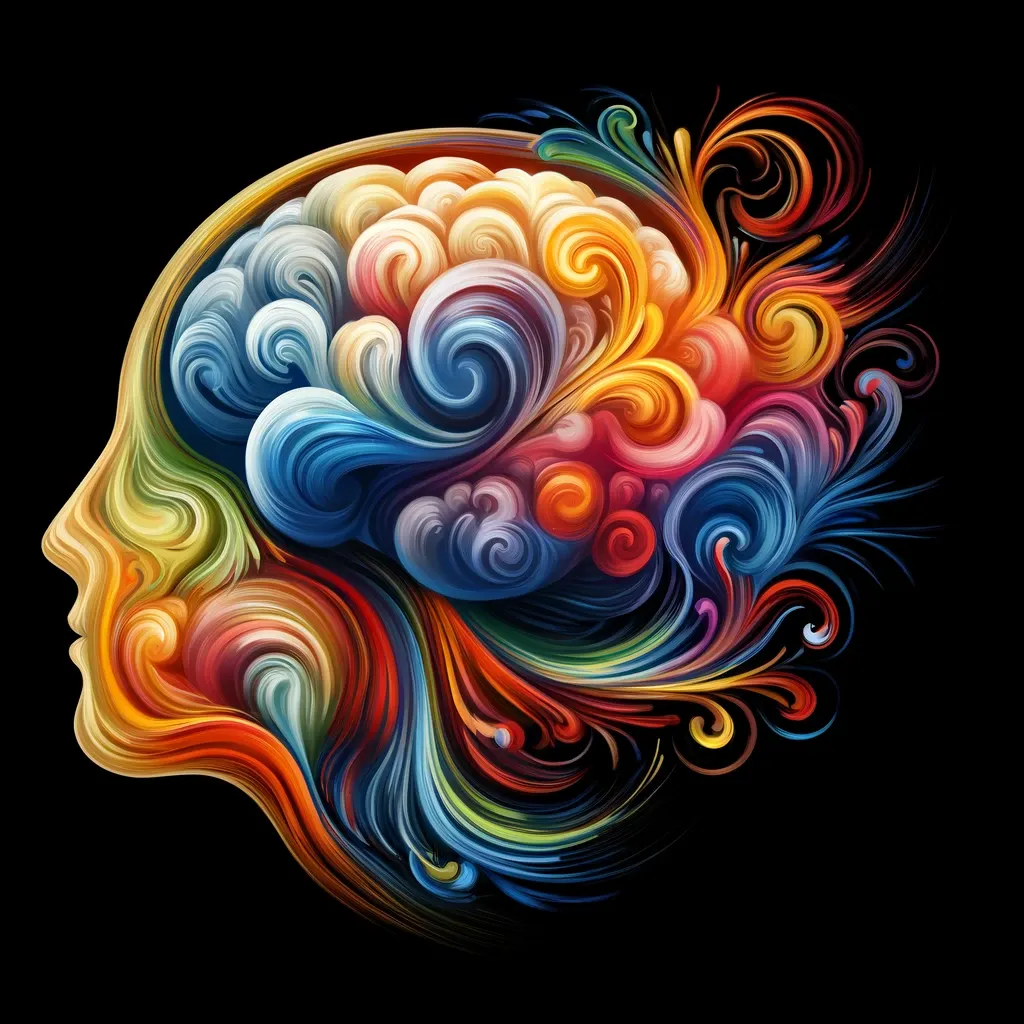Relationships are the backbone of our lives, whether they involve family, friends, or romantic partners. Yet, maintaining healthy relationships isn’t always easy. Misunderstandings, miscommunication, and unresolved emotional baggage can often create rifts. That’s where counseling psychology steps in. By focusing on human behavior, emotions, and thought processes, counseling psychology offers tools and techniques to help improve and heal relationships. But how exactly does it work? Let’s dive in.
What Is Counseling Psychology?
Counseling psychology is a specialized field of psychology focused on helping individuals navigate emotional, social, and behavioral challenges. It involves talk therapy, behavioral strategies, and psychological assessments to better understand personal issues, emotions, and relationships.
Why Do Relationships Struggle?
Before we explore how counseling psychology can help, it’s essential to understand why relationships hit rough patches. Most commonly, issues arise due to:
- Poor communication
- Differing expectations
- Unresolved past trauma
- Lack of emotional support
- Conflict of values or beliefs
While these issues may seem minor on the surface, they can grow over time, leading to more significant challenges like resentment, anger, or even separation.
How Counseling Psychology Addresses Relationship Issues
Counseling psychology focuses on addressing the root causes of relational issues by:
- Improving Communication Skills
Good communication is at the heart of every healthy relationship. Counseling psychology teaches individuals and couples how to communicate effectively, express their emotions, and truly listen to each other. This improves understanding and reduces conflicts. - Managing Emotional Responses
Sometimes, emotions can overwhelm us and lead to reactions we regret. Through counseling, people learn how to regulate their emotions, preventing outbursts or emotional shutdowns that harm relationships. - Enhancing Empathy
Many relationship problems stem from a lack of understanding of the other person’s feelings. Counseling psychology encourages empathy, helping individuals see situations from their partner’s or loved one’s perspective. - Building Conflict Resolution Skills
Disagreements are natural in any relationship. However, how we handle these disagreements matters. Counseling offers practical tools to resolve conflicts in a healthy, constructive way without resorting to blame or aggression. - Uncovering Underlying Issues
Often, the problems in a relationship aren’t just about the relationship itself. Unresolved trauma, past experiences, or personal insecurities can negatively affect how we interact with others. Counseling helps individuals identify and work through these underlying issues, ultimately improving their relationships.
How Does Couples Counseling Work?
Couples counseling is a common approach for improving romantic relationships. It’s a safe space where both partners can openly discuss their concerns with the guidance of a therapist. Through various techniques, couples can:
- Identify Communication Gaps
A counselor helps pinpoint where communication is breaking down and offers techniques to bridge those gaps. - Rediscover Emotional Intimacy
Over time, emotional distance can creep into relationships. Counseling helps partners reconnect emotionally by fostering open, honest conversations. - Develop Healthy Boundaries
Healthy boundaries are crucial for any relationship. Counseling helps couples understand where their boundaries are and how to respect each other’s needs without feeling suffocated or neglected.
Conclusion
Relationships can be challenging, but they don’t have to fall apart under pressure. Counseling psychology provides the support, tools, and insights necessary to heal and strengthen relationships. Whether it’s improving communication, managing emotional responses, or resolving past traumas, counseling is an invaluable resource for anyone looking to improve their relationships.
